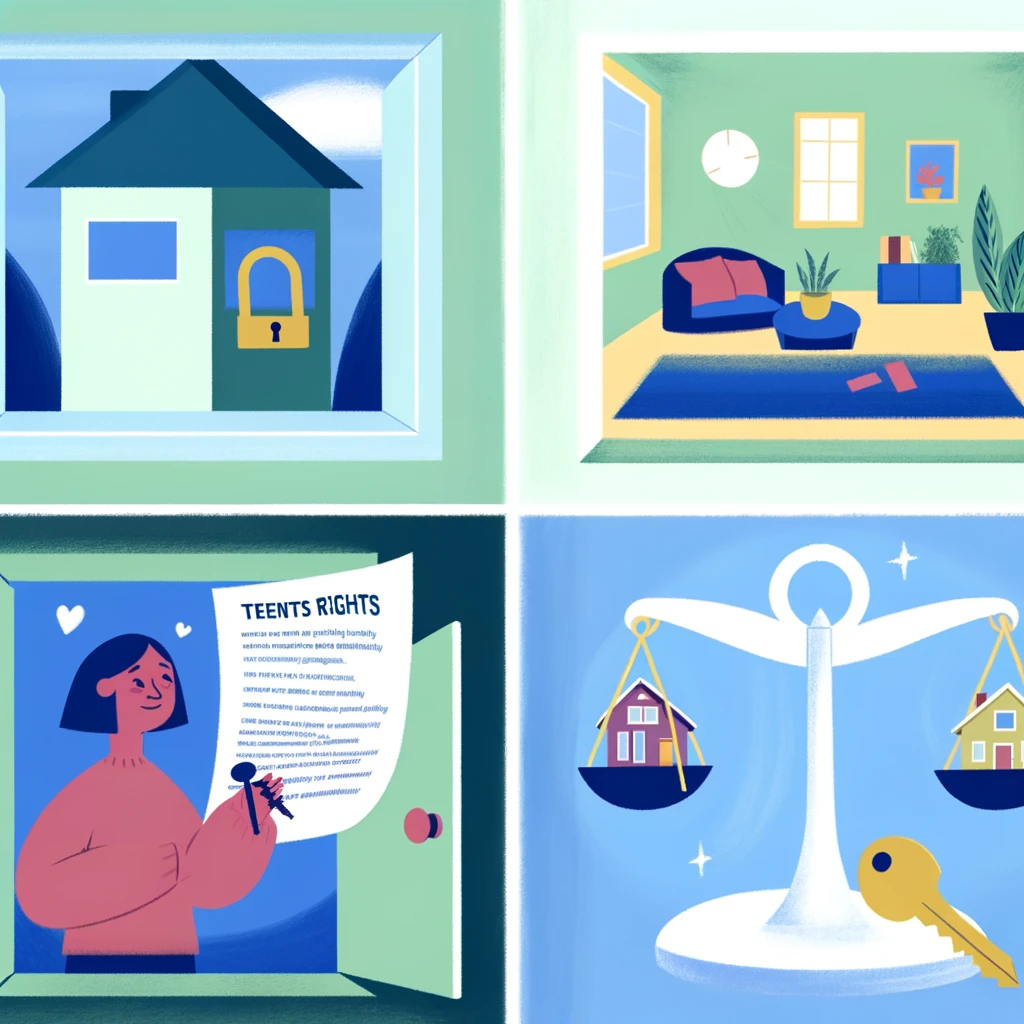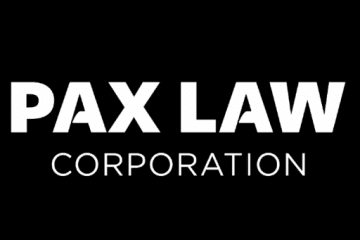Table of contents
In British Columbia (BC), Canada, tenants’ rights are protected under the Residential Tenancy Act (RTA), which outlines both the rights and responsibilities of tenants and landlords. Understanding these rights is crucial for navigating the rental market and ensuring a fair and lawful living situation. This essay delves into the key rights of tenants in BC and offers guidance on how to address problems with landlords.
Key Rights of Tenants in BC

1. Right to a Safe and Habitable Residence: Tenants are entitled to a living environment that meets health, safety, and housing standards. This includes access to essential services like hot and cold water, electricity, heat, and maintenance of the property in a state of good repair.
2. Right to Privacy: The RTA guarantees tenants the right to privacy. Landlords must provide 24 hours’ written notice before entering the rental unit, except in emergency situations or if the tenant agrees to allow entry without notice.
3. Security of Tenure: Tenants have the right to remain in their rental unit unless there is a just cause for eviction, such as non-payment of rent, significant damage to the property, or involvement in illegal activities. Landlords must provide proper notice and follow legal procedures to terminate a tenancy.
4. Protection Against Unlawful Rent Increases: The RTA regulates rent increases, limiting them to once per 12 months and requiring landlords to provide three months’ written notice. The maximum allowable rent increase rate is set annually by the BC government.
5. Right to Essential Repairs and Maintenance: Landlords are responsible for maintaining the rental property in a state of livable repair. Tenants can request repairs, and if they are not addressed in a timely manner, tenants may seek remedies through the Residential Tenancy Branch (RTB).
Addressing Problems with Your Landlord

1. Communicate Clearly and Document Everything: The first step in resolving any issue with your landlord is to communicate clearly and in writing. Keep a record of all communications and documentation related to the problem, including emails, texts, and written notices.
2. Know Your Lease Agreement: Familiarize yourself with your lease agreement, as it outlines the specific terms and conditions of your tenancy. Understanding your lease can help clarify your rights and responsibilities in relation to the problem at hand.
3. Use the RTB Resources: The RTB provides a wealth of information and resources for tenants facing issues with their landlords. Their website offers guidance on how to resolve disputes informally and explains the process for filing a formal complaint or dispute resolution application.
4. Seek Dispute Resolution: If you cannot resolve the issue directly with your landlord, you can file a dispute resolution application with the RTB. This process involves a hearing, either in person or via teleconference, where both parties can present their case to an arbitrator. The arbitrator’s decision is legally binding.
5. Legal Aid and Tenant Advocacy Groups: Consider seeking assistance from legal aid services or tenant advocacy groups. Organizations such as the Tenant Resource & Advisory Centre (TRAC) offer advice, information, and representation for tenants navigating disputes with landlords.
Conclusion
As a tenant in British Columbia, you have rights that are protected by law, aimed at ensuring a fair, safe, and dignified living environment. It’s important to understand these rights and know where to turn for help if problems arise with your landlord. Whether it’s through direct communication, utilizing resources provided by the RTB, or seeking external legal advice, tenants have multiple avenues to address and resolve disputes. By staying informed and proactive, tenants can navigate challenges more effectively, maintaining their rights and ensuring a positive rental experience.
FAQs

Your landlord must provide you with three months’ written notice before increasing your rent, and they can only do so once every 12 months. The amount of the increase is regulated by the government and cannot exceed the maximum allowable rate set annually.
No, your landlord must provide you with 24 hours’ written notice, stating the reason for entry and the time they will enter, which must be between 8 a.m. and 9 p.m. The exceptions to this rule are emergencies or if you give the landlord permission to enter without notice.
First, request the repairs in writing. If the landlord does not respond or refuses, you can apply for dispute resolution through the Residential Tenancy Branch (RTB) to request an order for the repairs to be made.
No, your landlord must have a valid reason for eviction, such as non-payment of rent, damage to the property, or illegal activities. They must also provide you with proper notice using an official eviction notice form.
A security deposit, also known as a damage deposit, is a payment collected by the landlord at the start of the tenancy. It cannot exceed half of the first month’s rent. The landlord must return the deposit, with interest, within 15 days after the tenancy ends, unless there are damages or unpaid rent.
After your tenancy ends, provide your forwarding address to the landlord. If there are no claims for damages or unpaid rent, the landlord must return the security deposit plus applicable interest within 15 days. If there is a dispute over the deposit, either party can apply for dispute resolution through the RTB.
You have the right to privacy in your rental unit. Apart from emergency situations or agreed-upon visits, your landlord must provide 24 hours’ notice before entering your unit for specific reasons such as inspections or repairs.
Subletting your rental unit is allowed if your lease agreement does not explicitly prohibit it, but you must obtain written consent from your landlord. The landlord cannot unreasonably withhold consent for subletting.
If you believe you’re being evicted without just cause or proper procedure, you can challenge the eviction notice by applying for dispute resolution at the RTB. You must file your application within a specific timeframe detailed in the eviction notice.
The Residential Tenancy Branch (RTB) of British Columbia offers resources, information, and dispute resolution services. Tenant advocacy groups like the Tenant Resource & Advisory Centre (TRAC) also provide advice and support for tenants.
Pax Law can help you!
Our lawyers and consultants are willing, ready, and able to assist you. Please visit our appointment booking page to make an appointment with one of our lawyers or consultants; alternatively, you can call our offices at +1-604-767-9529.



0 Comments